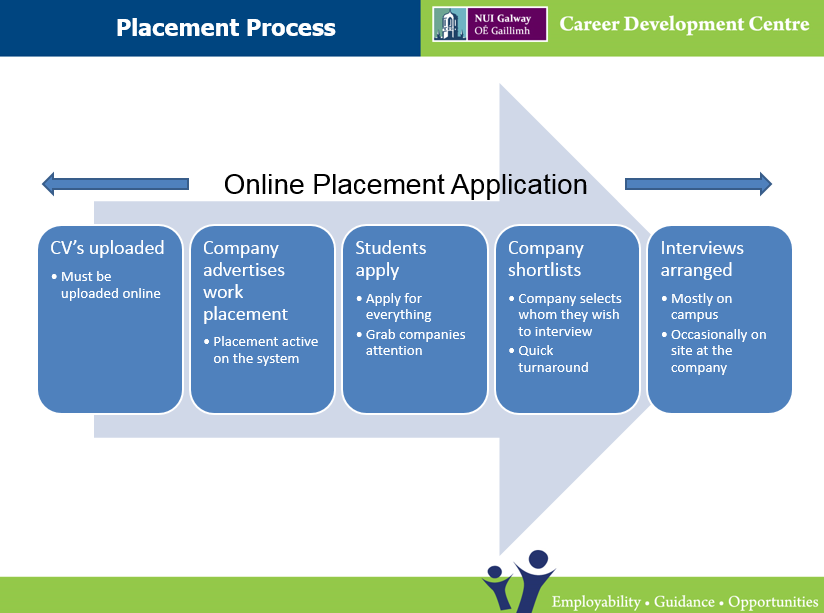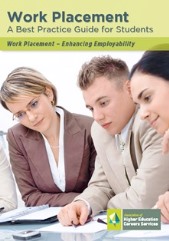-
Courses

Courses
Choosing a course is one of the most important decisions you'll ever make! View our courses and see what our students and lecturers have to say about the courses you are interested in at the links below.
-
University Life

University Life
Each year more than 4,000 choose University of Galway as their University of choice. Find out what life at University of Galway is all about here.
-
About University of Galway

About University of Galway
Since 1845, University of Galway has been sharing the highest quality teaching and research with Ireland and the world. Find out what makes our University so special – from our distinguished history to the latest news and campus developments.
-
Colleges & Schools

Colleges & Schools
University of Galway has earned international recognition as a research-led university with a commitment to top quality teaching across a range of key areas of expertise.
-
Research & Innovation

Research & Innovation
University of Galway’s vibrant research community take on some of the most pressing challenges of our times.
-
Business & Industry

Guiding Breakthrough Research at University of Galway
We explore and facilitate commercial opportunities for the research community at University of Galway, as well as facilitating industry partnership.
-
Alumni & Friends

Alumni & Friends
There are 128,000 University of Galway alumni worldwide. Stay connected to your alumni community! Join our social networks and update your details online.
-
Community Engagement

Community Engagement
At University of Galway, we believe that the best learning takes place when you apply what you learn in a real world context. That's why many of our courses include work placements or community projects.
Student Placement
Going on Placement
Work placement is a work based learning module that is embedded in certain programmes in NUI Galway. It enables you to gain valuable work experience for your CV and to learn new skills in the work environment. This helps to improve your employability for the future.
This work-based learning programme is obligatory and failure to complete PEP satisfactorily may delay your graduation.
How does work placement benefit me?
• Provides you with the opportunity to put course theory into practice.
• You learn new knowledge and skills, course-related and personal.
• Gives an insight into working life, develops self-awareness and supports you in making career decisions.
• Builds your CV, highlighting your new skills and achievements.
• Enhances your employability and job prospects after graduation.
• Creates a network of potential contacts for the future.
The Placement Process
Bootcamp:
The year prior to going on placement you will take part in our Work Placement Bootcamp.
The Employability Bootcamp for Work Based Learning is a suite of employability workshops underpinned by Universal Design for Learning which seeks to better prepare students for the placement process. It consists of three parts.
- Advisory session: The Advisory part of the Bootcamp workshop includes interactive engagement with Academics, Career Advisers, Placement Officers and connected students with Employers and final year students. An online audience interactive tool is used to capture students’ needs and assess their understanding.
- CV workshop: The CV workshop is an interactive workshop that is conducted in a PC lab where a cohort of students have a draft of their CV completed. They upload it onto the PC and each section of the CV is explained piece by piece in an interactive way.
- One to one CV review: Each student completes the final version of their CV after completing the CV workshop. They then bring this to a one on one CV review appointment where each CV is reviewed to ensure it is the best it can be. Appointments can be booked on Careers Connect.
Placement year:
When you return for semester one you will be given a work placement kick off presentation. This will give details in relation to the online Placement Application (PA). You will also receive an interview skills workshop that will help you prepare for interviews.
The PA is the online system that we use to manage the entire placement process. Once you are registered on the course you will be given access to the system. This will allow you to upload your CV and apply for any placements advertised. The entire placement process from application stage to offer stage is managed on the PA.

Questions and Answers
If you have a query at any stage in the placement process you can contact us in the first instance. The Placement Officer is also available to meet you if required.
In the meantime, here are some of the most frequently asked questions
Can I get my own placement?
How do I look for my own placement?
What do I need to do if I am successful in sourcing my own placement?
Are foreign work placements available?
Is it paid?
Am I covered by insurance while on placement?
How is work placement assessed?
Does everyone get placed and what happens if you don’t get placed?
Do I have to stay for the full duration of the placement?
If I am offered a placement can I reject the offer and source my own placement?
Are most placements in Galway?
How do I deal with difficult co-workers while on placement?
Are grades important for securing placement?
Supporting students with disabilities
Going on work placement should be an exciting and enjoyable experience, providing opportunities for new challenges and personal development. While the process may seem daunting, the good news is that the Career Development Centre works closely with the University of Galway Disability Support Service to ensure students with disabilities, ongoing physical or mental health conditions, or specific learning difficulties are supported throughout.
While disclosure is a personal decision, we recommend that if you are registered with the DSS, you share this information with your Placement Officer so that they can use this knowledge to assist you to realise your full potential and provide the necessary support. This information is classified as “sensitive personal” data and will never be communicated outside of the University without your consent.
For details on how to register with the Disability Support Service click HERE
Academic transcripts of results do not include any details of disability supports/reasonable accommodations you have received.
DSS Placement Supports
Before going on placement, if you are registered with the Disability Support Service, we advise that you have a confidential Placement Planning Meeting with a DSS Disability Advisor. At this meeting, you will have the opportunity to discuss supports you may require while preparing for placement, reasonable accommodations needed and if you would like to discuss disclosing a disability, ongoing physical or mental health condition, or specific learning difficulty to your placement site.
If you choose to disclose to your placement site, a Placement Planning Report may be completed in collaboration with the Disability Support Service and your Placement Officer. The report will only ever be shared with your placement site with your permission.
For more information on disclosure, what to expect at a Placement Planning Meeting and completing a Placement Planning Report, please visit: DSS Placement Planning Support
Alternatively, if you are registered with the DSS and would like to request a confidential Placement Planning Meeting please complete the following Placement Planning Meeting Request Form
Make the most of your placement
Be professional - Behave in a professional manner while on placement. Work in accordance with the policies and procedure of the organisation that is hosting you.
Dress appropriately - First impressions count, so make a consistent effort to dress appropriate to the work environment. On your first day find out what to wear, either from HR or take a note of what staff are wearing when you go for your interview.
Be Engaged - Research the company before you start and show interest and enthusiasm for what you are doing. Be aware that as an intern you are likely to be given a range of tasks, varying in difficulty and complexity. Do all set tasks to the best of your ability, even more mundane ones. Approach an internship with confidence rather than arrogance.
Network and Socialise - Create and take opportunities to meet as many people as possible and ask questions. Stay in touch with new contacts and be sure to add them to your LinkedIn professional network. Build relationships by taking opportunities to socialise with work colleagues.
Demonstrate initiative - Volunteer yourself for tasks and take up as many opportunities as possible to experience different roles, projects and departments. Make yourself indispensable by offering help wherever possible and avoid becoming idle or bored without anything to do. Consider designing a project for the internship, with the company's approval, to give you something to consistently work on, as well as adding experience to your portfolio or CV.
Maximise the value of the placement - See your internship as a valuable learning opportunity and a way of increasing your employability. Get involved and think about how the skills and experience you have gained from will be useful for increasing your future career.
















